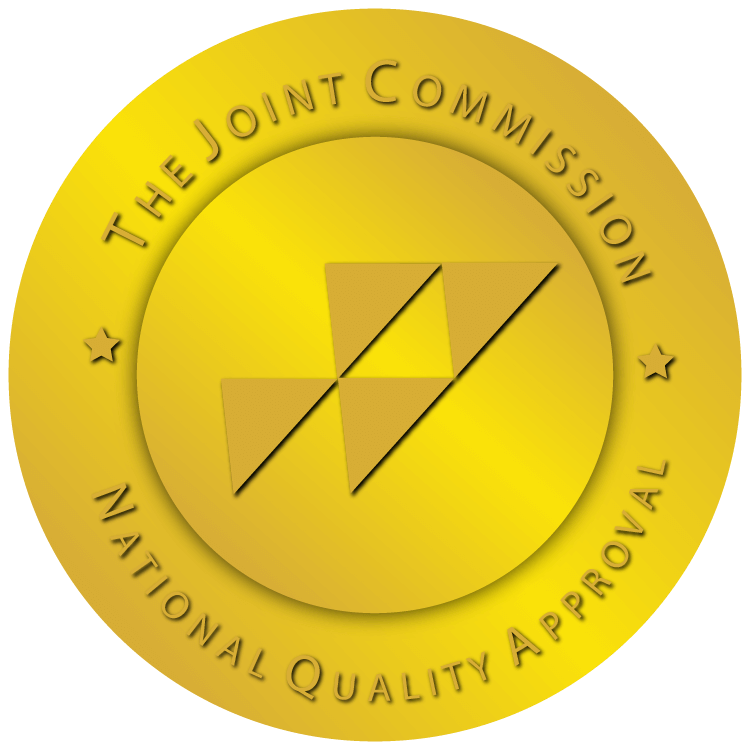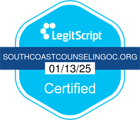How to help someone with PTSD starts with understanding what they’re going through. PTSD, or Post-Traumatic Stress Disorder, can make everyday life feel overwhelming for them. You may see changes in their mood, behavior, or how they deal with people and places.
Learning more about PTSD helps you become a strong support system. Healing takes time, but with your care and support, they won’t have to face it alone.

What You Need to Know About PTSD
PTSD is a mental health condition that happens after someone goes through something painful or life-threatening. You may think of soldiers or war veterans when you hear about PTSD, but it can happen to anyone, including people who’ve been in car accidents, natural disasters, abusive relationships, or other traumatic situations.
In the U.S., more than 7 million people live with PTSD, according to facts and statistics from the Anxiety & Depression Association of America. That means it’s more common than many people realize.
If you want to support someone in recovery, especially if they’re also dealing with PTSD, it helps to understand what they’re going through. PTSD isn’t something they can just “get over.”
Knowing this is a good first step in being there for them.
The Impact of PTSD on Daily Life
There are different types of PTSD:
- Normal PTSD happens after one big traumatic event.
- Complex PTSD comes from long-term or repeated trauma, like ongoing abuse.
- Delayed-onset PTSD means the symptoms show up months or even years later.
No matter the type, PTSD can affect every part of daily life.
It can be hard for them to work, keep up with school, or take care of themselves. They may pull away from family and friends. Relationships can feel strained. Even fun things, such as going out, watching a movie, or being around others, might feel too overwhelming.
How to Recognize When Someone Needs Help
It’s not always easy to tell that people with PTSD are struggling. They might smile or act like everything’s fine on the outside, but inside, they could be hurting. That’s why it’s important to pay attention to signs that they may need help.
When someone has PTSD, they might:
- Relive the trauma through flashbacks or nightmares. It can feel like the event is happening all over again.
- Avoid people, places, or things that remind them of what happened.
- Feel anxious, angry, or numb much of the time.
- Struggle with sleep or focus, and easily get startled or upset.
Some people turn to drugs or alcohol to try to numb the pain or forget what they went through. But this can make things worse and lead to addiction.
If you see these signs again and again, it might mean they need support.
Helping someone with PTSD often begins with simply recognizing the signs and being willing to listen. They may need professional help, too, like a therapist or doctor. But your support can help them feel safe enough to take that first step.
Ways to Support a Loved One with PTSD
It can be hard to watch someone you care about go through pain, especially when you can’t fix it. But your support matters.
So, how can you help your loved one?
Start by just being there. Gently let them know you’ve noticed they don’t seem like themselves. Ask how they’re feeling and remind them that you care.
Try to:
- Listen without judging. Don’t push them to talk, but when they do, really listen. You don’t need to have the answers. Just hearing them out can help.
- Be patient. Healing from PTSD takes time. Some days will be better than others. Try not to take it personally if they seem distant or moody.
- Create a calm, safe space. A peaceful home and a steady routine can help someone with PTSD feel more secure.
- Learn about PTSD. The more you understand it, the easier it is to be supportive and avoid common mistakes.
- Get help immediately if they mention suicide. If your loved one says or does something that makes you think they might hurt themselves, stay calm, but take it seriously. Don’t leave them alone. If it’s safe, quietly remove anything like pills or weapons that they could use to hurt themselves. Then get help from a mental health professional or call a crisis line as soon as you can.
Helping a family member who has PTSD isn’t always easy, but you don’t have to do it perfectly. Just showing that you care and that you’re willing to stick with them can make a big difference.
Encourage healthy habits like regular meals, rest, and gentle exercise. If they’re open to it, you can also suggest they talk to a doctor or counselor. But don’t pressure them. Let them go at their own pace.
Most of all, remind them: they are not alone, and neither are you.
Resources and Helplines
If you’re supporting someone with PTSD, it’s important to know that help is available. Here are some national resources you can turn to:
- 988 Suicide & Crisis Lifeline: Dial 988 to connect with trained counselors 24/7 for mental health support.
- Veterans Crisis Line: If your loved one is a veteran, dial 988 and press 1, or text 838255, to reach responders who specialize in helping veterans.
- NAMI HelpLine: Call 1-800-950-NAMI (6264) for free, confidential support and information on mental health conditions, including PTSD.
- SAMHSA Disaster Distress Helpline: For emotional support related to disasters, call or text 1-800-985-5990.
These services are available nationwide and can provide immediate assistance or guide you to further resources.
How South Coast Counseling Can Help with PTSD
South Coast Counseling offers personalized treatment options for individuals dealing with PTSD. Their programs include support groups, individual counseling, and group therapy, all designed to address the unique needs of each person.
If you’re in California or can access their services, South Coast Counseling can be a valuable resource in your journey to support a loved one with PTSD.
Remember, helping someone with PTSD involves patience, understanding, and knowing when to seek professional assistance. These resources are here to support both you and your loved one every step of the way.













